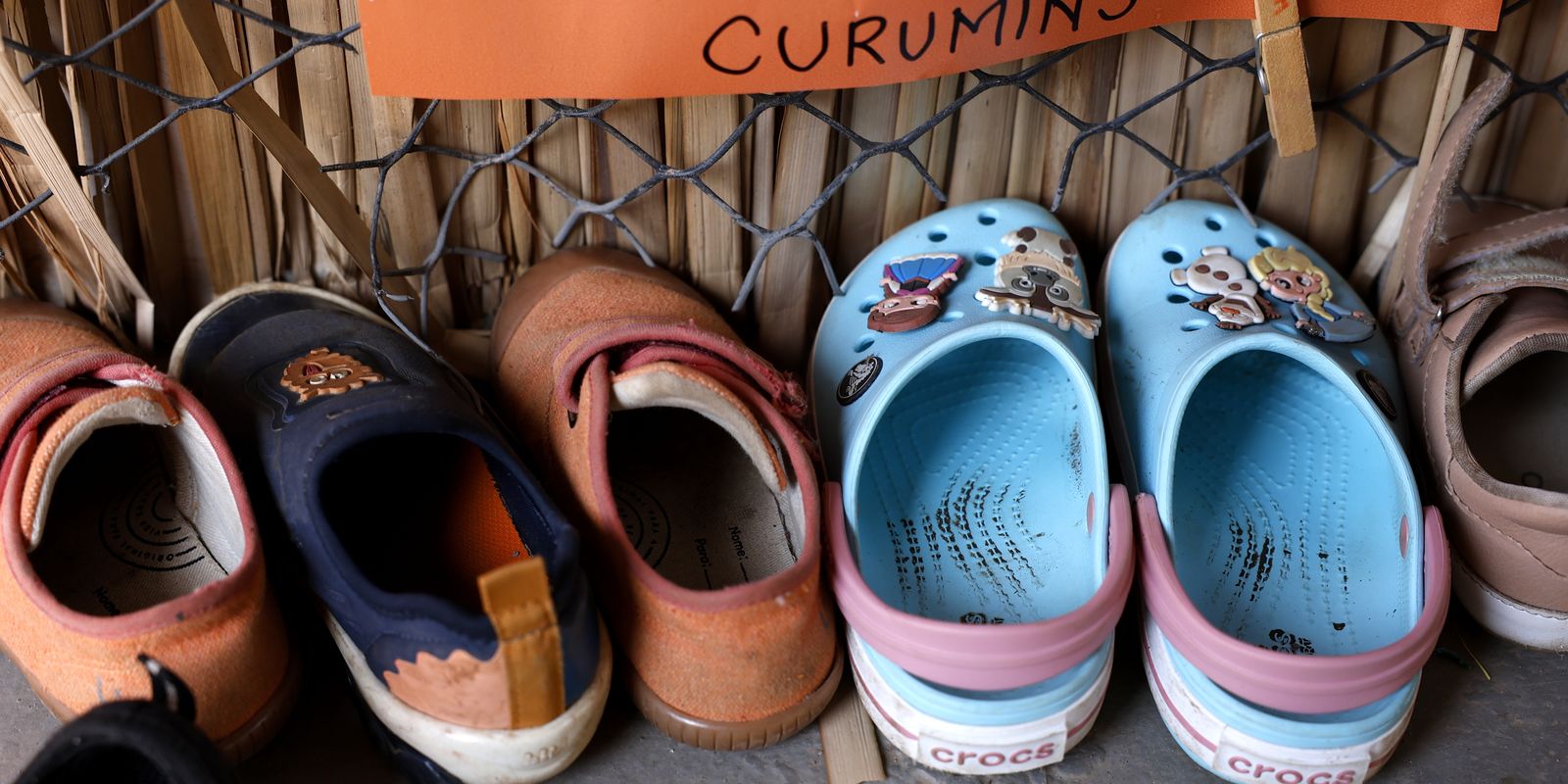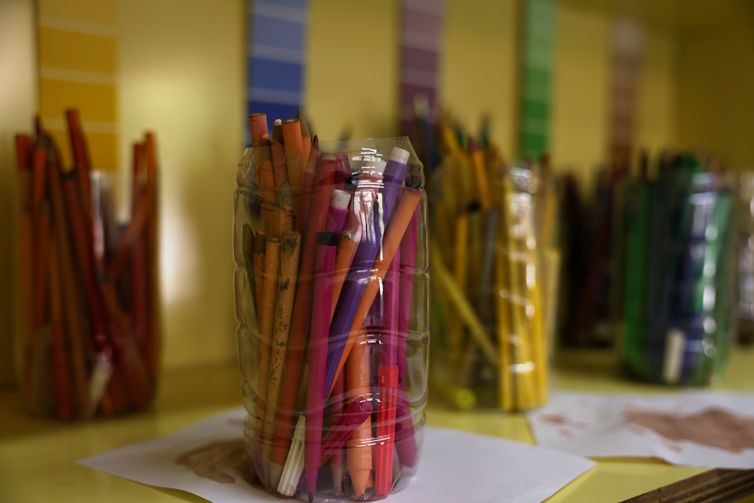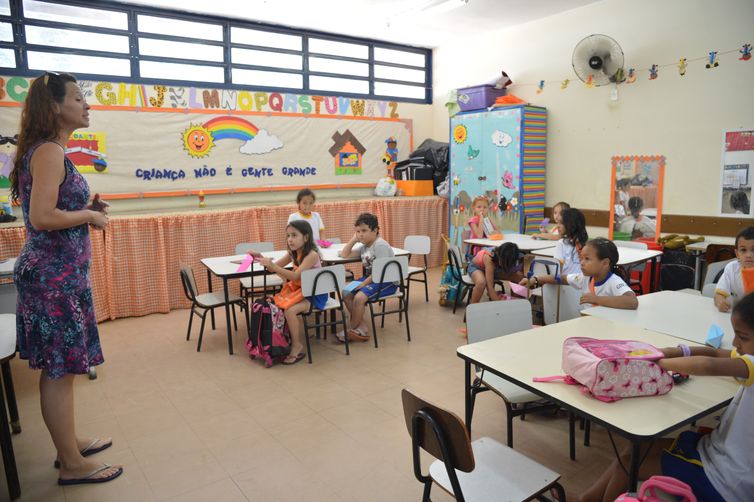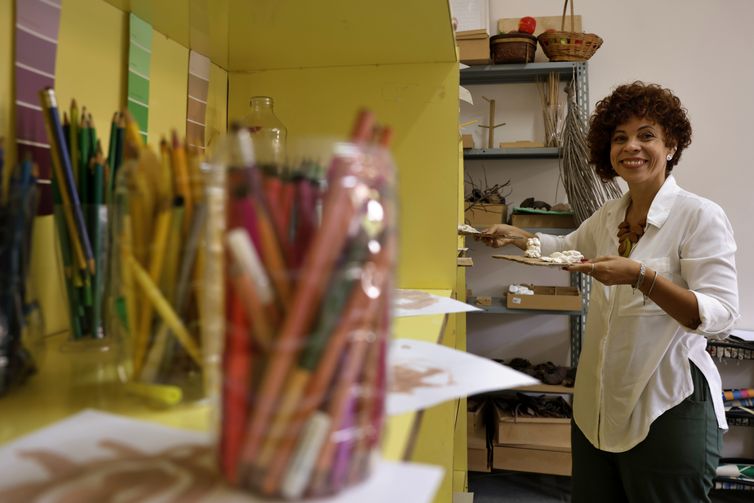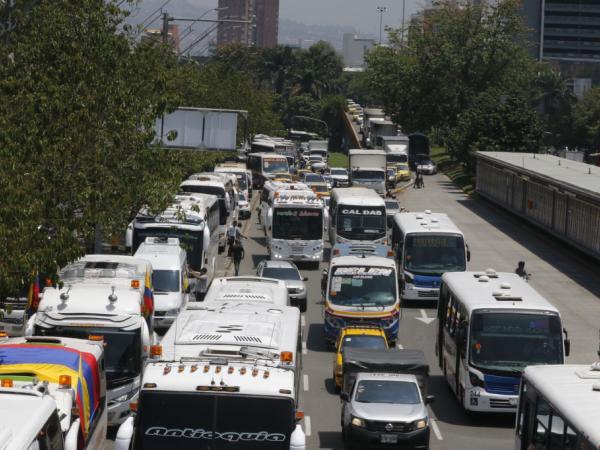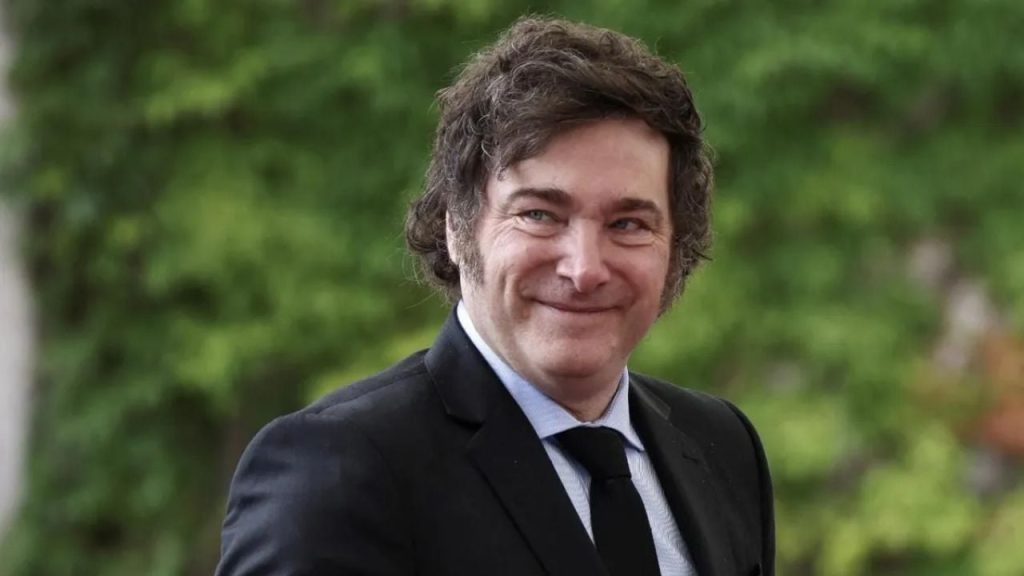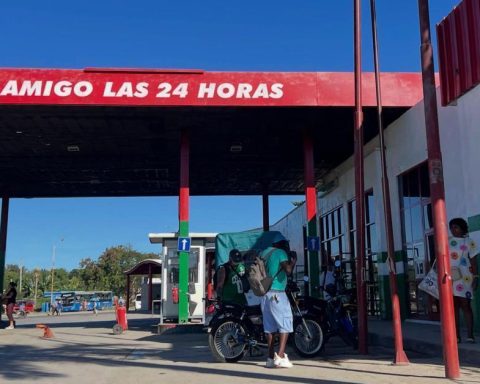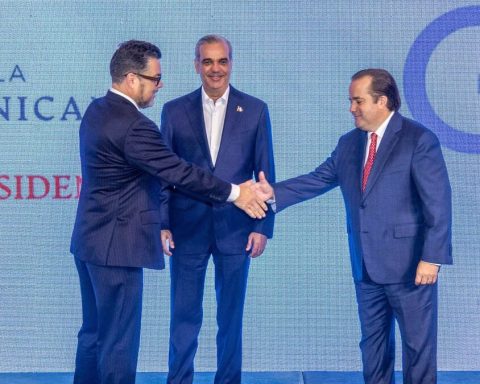The new municipal administrations will have the task of ensuring that all children attend school. When it comes to universal education, Brazil has not only failed to make progress, but has also gone backwards in recent years, especially in early childhood education – a stage that is managed by municipalities. And it is not only in preschool that the country needs to make progress, but also in the provision of daycare places, which have waiting lists in several cities across the country.
Education is a right of the population and, for experts, the topic should be observed carefully by those who will choose representatives for the next four years in the municipal elections in October of this year.
There is no shortage of demands. “Families are left with their children on a waiting list and are unable to have their rights guaranteed. This is also the case with municipalities often failing to prioritize access to daycare for children in vulnerable situations, often because they have not yet organized prioritization criteria in the event that it is not possible to meet all the demand. We also have families who are unaware of their right to access daycare or who do not seek a place because they know how difficult it is in their context to find a place for their child near their home or workplace,” emphasizes Karina Fasson, Public Policy Manager at the Maria Cecilia Souto Vidigal Foundation (FMCSV). The foundation is a civil society organization focused on early childhood.
According to the Brazilian Institute of Geography and Statistics (IBGE), between 2019 and 2022, Brazil did not make progress towards its goal of universalizing early childhood education. School attendance for children aged 4 and 5 – the beginning of compulsory basic education – fell 1.2 percentage points in the periodrising from 92.7% to 91.5%.
In Brazil, all children and adolescents aged 4 to 17 must be enrolled in school, according to the Constitutional Amendment 59/09. Municipalities must act primarily in primary education and early childhood education, which includes daycare centers (for babies and children up to 3 years old) and preschools (4 and 5 years old).
Daycare is not a mandatory stage, and families can choose to enroll their children, but it is the government’s duty to offer the places that are in demand. This became even clearer in 2022, after the Supreme Federal Court (STF) decision expand the mandatory nature of the offer education for daycare centers as well. Until then, municipalities could deny enrollment by claiming a lack of vacancies. The 2024 elections will be the first since the decision came into effect.
According to the IBGE, throughout the country, around 2.3 million children aged 0 to 3 are not in daycare centers due to some difficulty in accessing the service: either due to lack of schools, lack of vacancies or because the educational institution did not accept the student due to their age.
“We face the challenge of ensuring quality early childhood education. It is not enough to offer a place. This education must be of quality, aligned with current national documents,” says Fasson, who adds:
“The importance of a pedagogical proposal centered on the child, on their interests, on the way they develop, that considers playfulness, that considers the exploration of different environments, of different languages.”
Education at the center of the debate
According to Mariele Troiano, a professor in the Department of Social Sciences at the Fluminense Federal University in Campos (ESR/UFF), who works in the area of Political Science, although there is a certain consensus on the importance of education, the topic does not occupy a central space in electoral campaigns.
“Municipalities are responsible for the largest percentage of basic education in our country and, according to Article 211 of the Federal Constitution, municipalities are expected to play a leading role in primary and early childhood education. Therefore, the issue should be among the candidates’ top priorities. In my opinion, we can still make more progress,” says Mariele.
For her, the debate around education needs to be better qualified. “In my opinion, stating in election campaigns that we need ‘more schools, more daycare centers’ no longer supports the discourse. We need to present proposals that consider education in its entirety: from school transportation, lunch, school supplies, training for teaching staff, salaries and careers of employees. Education that is of quality, but also inclusive. Few candidates are talking about inclusive education, for example.”
Given the Supreme Court’s decision, the teacher expected daycare centers to occupy a more central space during the campaign, which has not happened. “The Supreme Court ratifies the municipality’s responsibility for education from daycare, through preschool and elementary school. Although it is a hot topic, many candidates still do not consider it relevant. I think this further reinforces the importance of the 2022 decision, as it reveals itself to be a crucial point for electoral choice.”
It is up to the electorate to demand this from the candidates. “The electorate is directly affected by the issue in their daily lives. Not only do children need school and daycare while their parents work, but school also means health, food, transportation, and safety. Furthermore, education in our country is synonymous with social transformation and the possibility of better living conditions. Paying attention to the issue in the elections already signals awareness of the exercise of the right and duty structured and fostered by the educational bias”, he argues.
Children’s rights
Providing quality early childhood education and believing in children as a potential for changing the world was what motivated Simone Serafim do Nascimento to pursue a career in teaching. She is a teaching coordinator at the Claudio Cavalcanti Child Development Center in Botafogo, in the South Zone of Rio de Janeiro. The public daycare center provides comprehensive care for 140 children aged 2 and 3.
“We really believe in the power of early childhood education, as a stage of basic education that values children and gives them this leading role, as the citizens that they already are,” he says.
“The teacher acts as a mediator, takes advantage of the children’s games, listens and observes very carefully to create learning situations based on the children’s games,” he explains.
At school, everything becomes a learning experience. She says that one of the projects developed came from a flashlight that one of the children brought from home. Through the games, they were encouraged to investigate light and shadow and, consequently, photography. The students came into contact with photographs from different cultures. The children were then able to take their own photos, which became an exhibition at the school.
“Newly arrived children are natural researchers. And we, early childhood education teachers, strive to research children’s research,” says the teacher.
According to Simone, the experience they develop at the daycare center should be offered to the entire population that needs this service. “What I see today in this modern world, even as a woman, as a professional, is that everyone needs daycare, because it is a space for children, so that children can be safe, develop, and so that the family can make their own life choices, whether professional or not. But daycare is truly a child’s right.”
For Simone, the issue of education will be a differentiator in the 2024 elections. “Choosing candidates who see education as a way to transform and change society, to reduce inequality, to value education with a view to change and social mobility, and to reducing social inequalities, is important,” she says.
“Also that [os candidatos] have in their agendas the valorization of the teacher and the valorization of education in a comprehensive way. Valorization of professionals, qualifying training, valuing training, valuing the institution as a building, favoring better conditions of access and continuity in schools”.
